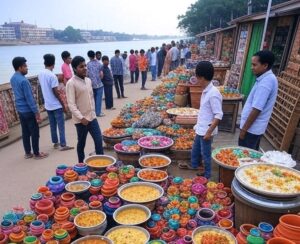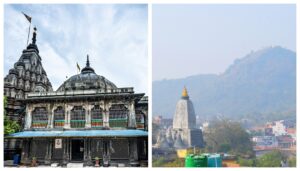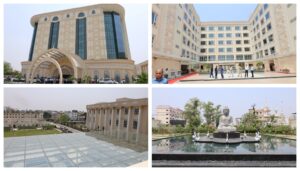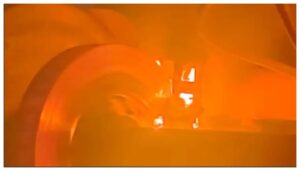Pitru Paksha Fair in Gaya Concludes, Draws Record 22 Lakh Pilgrims
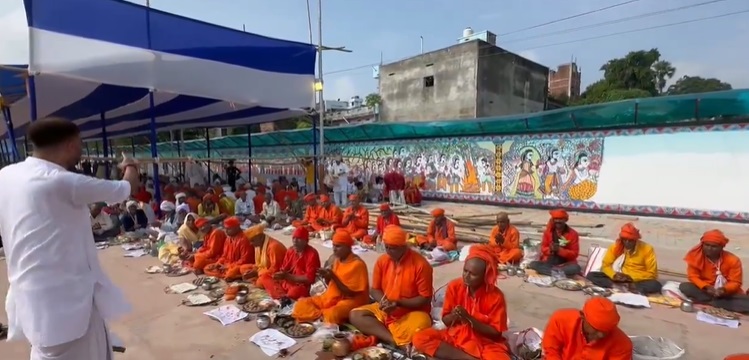
Gaya: The 17-day Pitru Paksha fair, which began on September 17, concluded on Wednesday evening in Gaya, with the district administration estimating that around 22 lakh pilgrims participated in the religious ritual of Pind Daan for their ancestors. This year marked a record number of visitors, including 25 foreign devotees from nine different countries.
The fair, one of the largest ever held in Gaya, generated a business of over Rs 20 crore for the city, although the district administration does not have formal data on this. Gaya District Magistrate Dr Thiyagarajan S.M. confirmed the figure, noting that traders such as those selling religious items, hotel operators, taxi and e-rickshaw drivers, guest houses, and lodges were the primary beneficiaries.
According to local authorities, the number of pilgrims attending this year was unprecedented. “We have never seen such a large turnout for Pitru Paksha before,” said Dr Thiyagarajan. “The city’s economy saw a significant boost due to the event, benefiting various sectors.”
The district administration, in cooperation with the Municipal Corporation, Tourism Department, and Health Department, spent Rs 20 crore to ensure that basic and high-level facilities were provided for pilgrims throughout the fair.
The Pitru Paksha season was especially prosperous for Gaya’s hospitality industry. “Every hotel was fully booked every day,” said Nishant Kumar, president of the Gaya Hotel Association. “There was a constant shortage of rooms.” With approximately 60 hotels in and around Gaya city, all accommodations were booked from September 15 through the end of the fair, with room rates ranging from Rs 3,000 to Rs 4,500 per night.
Additionally, about 1.5 lakh pilgrims opted to stay in the tent city set up for the fair.
Local businesses also saw an uptick in sales, particularly shops selling religious items and utensils. “A set of five utensils sold for Rs 300 to Rs 600,” said Pintu Kumar, a shopkeeper at Vishnupad Chowk, explaining that while some pilgrims brought their own utensils, many still purchased locally.
Deepak Gupta, a seller of worship materials, noted that barley flour, betel leaf, incense sticks, earthen lamps, and other items required for Pind Daan were in high demand.
Among the visitors were 25 foreign devotees from nine countries, who came to Gaya to perform the Pind Daan rituals for their ancestors. After completing the rituals at the Phalgu, Vishnupad, and Akshayvat altars, the foreign devotees prayed for the salvation of their forebears.
The traditional priests, or Pandas, who facilitate the Pind Daan rituals, were instrumental throughout the fair. “We have been performing Pind Daan for generations,” said 26-year-old Panda Raja Pandey, who has taken up the family tradition. “I now handle Pind Daan for pilgrims from Uttar Pradesh, just like my father and grandfather did before me.”

